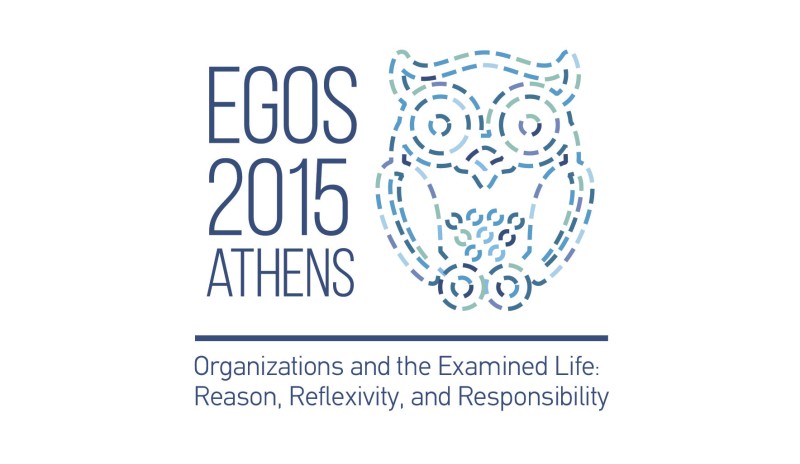Sub-theme 06: (SWG) Revisiting the 'Publicness' of Organization, Management and Bureaucracy
Call for Papers
It has been argued that public administration and organization studies scholars today are living separate lives
(Kelman, 2007). From the point of view of public administration scholars the distinction between public and private has been
central, whereas it has been less important in organization studies. This is among others reflected in that fact that whereas
organizational scholars have been more oriented towards the study of bureaucracy as an aspect within all organizations, public
administration scholars have invested more energy in the study of the relationship between politics and bureaucracy.
The ambition of this theme is to invite both types of scholars to revisit the classical question of the publicness
of organization (Bozeman, 1987; Rainey, 2009) from a theoretical and empirical viewpoint. In spite of different approaches
to the study of public organization, we are empirically as well as theoretically witnessing a move towards a 're-recognition'
of the distinct aspects of public organizations.
Whereas the original idea of NPM was to import managerial and
organizing ideas from the private sector, this emphasis is now moving towards revisiting what is characterizing different
aspects of public organization: the formulation of specific codes of conduct for public management, renewed interest in Public
Service Motivation, public values and the management and creation of such values (Moore, 1995), public sector reputations
(Carpenter & Krause, 2012) and Weberian ideas of being civil servant as a "vocation of office" (Du Gay, 2000), to mention
a few.
Hence, the public-private and politics-bureaucracy distinctions are (still) grand dichotomies in theory
and in practice The aim of the subtheme is to invite research on how these dichotomies are changing, interrelated or separated
and how they are making an impact on organizing and management practices as well as on our theoretical developments. Organizations
that combine the spheres have been seen as associated with terms like "regulated hybrids", "soft bureaucracies" and "post-bureaucracy".
Currently, the notion of hybrid seems to be a popular device for analyzing such mixed logics, but the claim that these hybrids
make the previous dichotomies outdated may have to be studied critically.
Within both public administration and
organization theory, we find arguments in favor of the distinctiveness of public organizations (Rainey, 2009) and their management
(Pollitt, 2003) as well as the opposite (Simon ,1952). Until now the empirical evidence is, however, rather mixed (Boyne,
2002), but the idea that public organizations and their management are distinct in a number of ways remains a pervasive starting
point for most research within the public sector.
We would like to welcome papers, which both from a theoretical
and an empirical point of departure investigate the distinctiveness of public sector organization and/or management, as well
as the different uses of the concept and idea of bureaucracy in theory and in practice. This could include comparison with
private sector organizations, but also between different types of public organizations in order to shed light on the variations
of the degree of publicness/bureaucratization of different types of organizations. Comparative analysis is however only one
way to design studies investigating the general theme. We therefore want to invite contributions applying a variety of approaches,
qualitative and quantitative research methods as well as or cross-sections, single and multiple-case research designs.
References
- Boyne, G.A. (2002): "Public and private management: what's the difference?" Journal of Management Studies, 39 (1), 97–122.
- Bozeman, B. (1987): All Organizations Are Public: Bridging Public and Private Organizational Theories. San Francisco: Jossey-Bass.
- Carpenter, D., & Krause, G.A. (2012): "Reputation and Public Administration." Public Administration Review, 72 (1), 26–32.
- Du Gay, P. (2000): In Praise of Bureacracy. London: SAGE Publications.
- Kelman, S. (2007): "Public administration and organization studies." Academy of Management Annals, 1 (1), 225–267.
- Moore, M. (1995): Creating Public Value: Strategic Management in Government. Cambridge, MA: Harvard University Press.
- Pollitt, C. (2003): The Essential Public Manager. Maidenhead: McGraw-Hill International.
- Rainey, H.G. (2009): Understanding and Managing Public Organizations. Hoboken, NJ: John Wiley & Sons.
- Simon, H.A. (1952): "Comments on the Theory of Organizations." American Political Science Review, 46 (4), 1130–1139.


